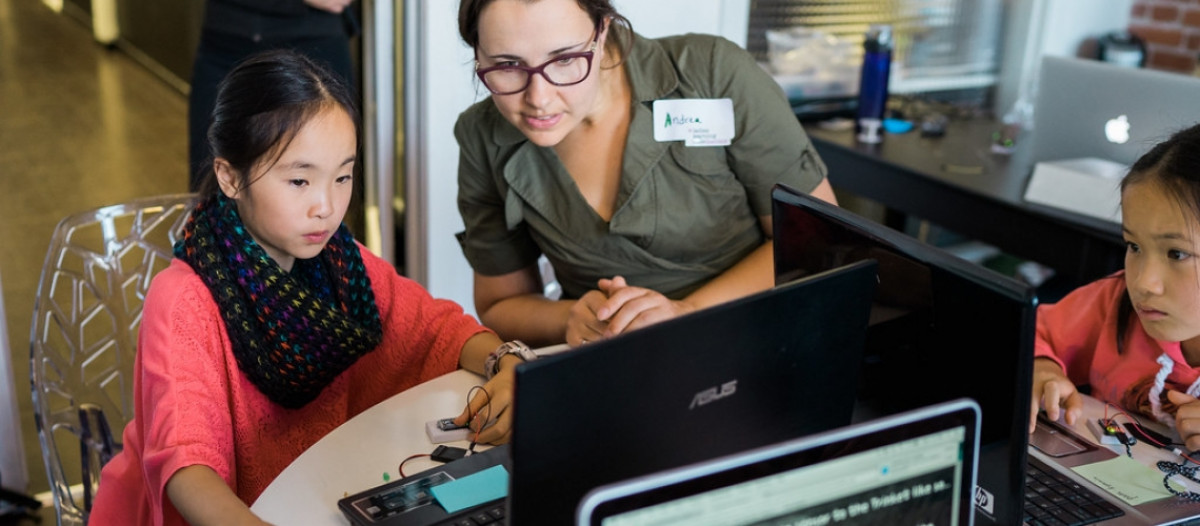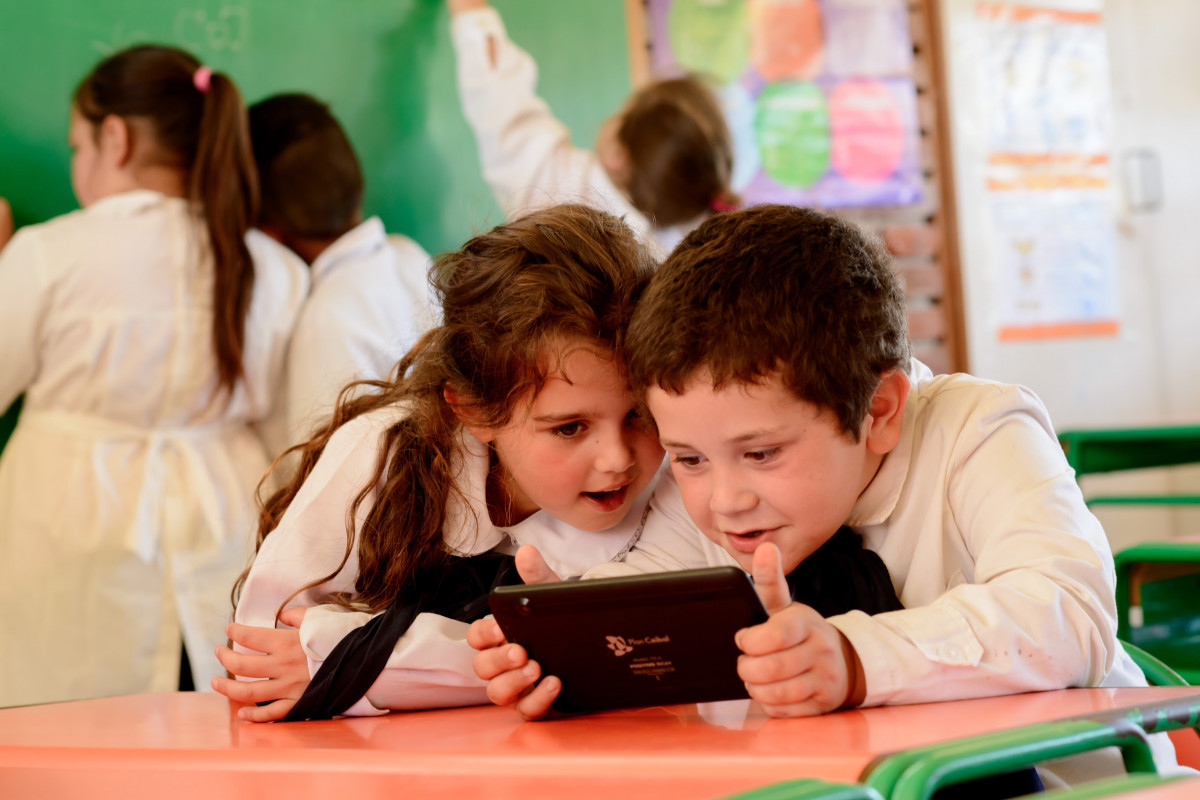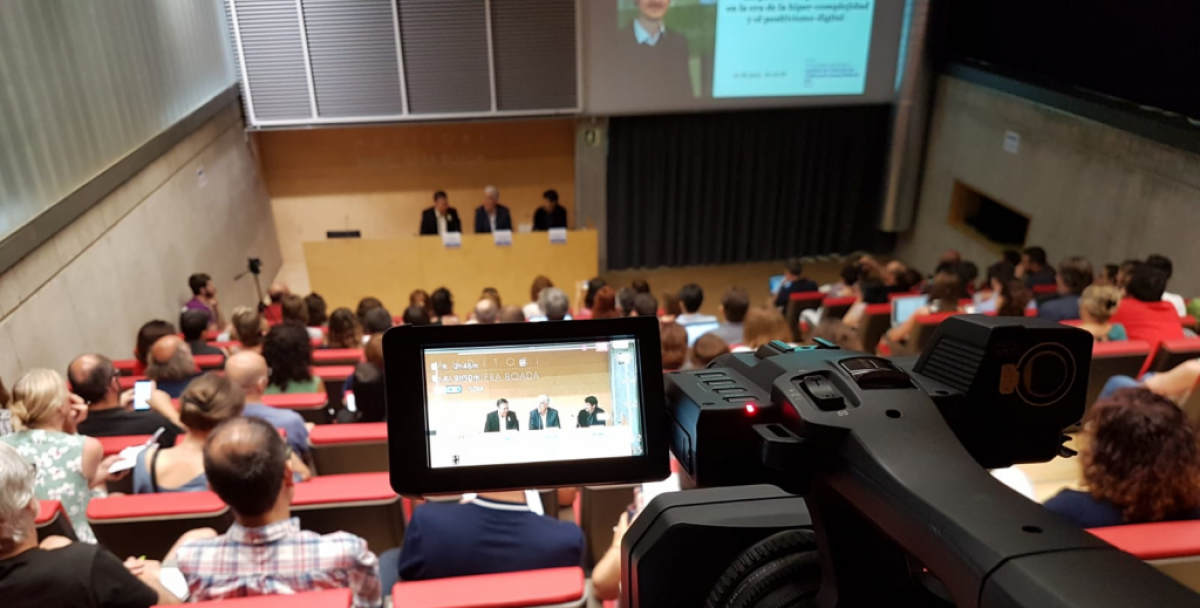The more social the experience of using technologies becomes, the closer the connection between digital skills and the so-called social-emotional skills. As important as learning to code might be, it also will be important to learn how to decode. Identifying new problems can lead us to change the way we see today’s skills. What are the most relevant skills for tomorrow? ☞From digital skills to multiliteracies ☞From using to understanding tech ☞From coding to decoding tech ☞From replacing people to increasing human thinking ☞From digital natives to critical skeptics
Blog
The availability of good data can help lead to making good decisions. This is true in education, as it is in other sectors. But the opposite can also happen if the right actions are not taken. If we are entering into the 'datafication of education', countries will need to define rules and guidelines to ensure that present and future technology-enhanced education becomes beneficial, reducing and mitigating risks along the way. Although it is much too early to predict the potential impact of the use of AI in education, it is not early to discuss how to better prepare for the world that is coming.
Five years ago Uruguay decided to create a research center focused on producing expert knowledge in the field of digital education. After an international call I was humbled to be chosen as director of this novel but ambitious initiative. Being a small country all I knew was the huge opportunity behind connecting and supporting national and international networks of experts in the field of EdTech.
Este nuevo libro busca escapar de los reduccionismos. Según el tipo de trayectoria que se siga con la lectura puede transitarse desde el optimismo (utopía) a la tragedia (distopía) o simplemente desde el diagnóstico a la reacción (posible). La lectura es a medida y a gusto del lector. No hay recetas ni doctrinas que puedan instalarse de manera tan sencilla como una actualización en su sistema operativo. El objetivo último es reflexionar desde una perspectiva crítica y abierta sobre las consecuencias de la masificación de las tecnologías y su impacto en las nuevas formas de poder y control de la sociedad actual.
Algorithms in public administration can affect decisions such as selecting citizens who can benefit from a welfare program, affecting certain groups of citizens (those in vulnerable circumstances are more susceptible to be troubled). A new set of actions but overall a growing awareness of the ethical implications of AI are needed.
¿Favorecen o perjudican las tecnologías digitales a las universidades hoy en día? Hoy estamos en mucho mejores condiciones que antes para comprender cuáles son las limitaciones y los alcances de estas herramientas digitales. Las tecnologías se han convertido en un commodity y sabemos que por sí solas no son garantía de una buena educación, ni de innovación, ni siquiera de una buena comunicación.
El contexto digital se diversifica y complejiza con la expansión de sistemas de procesamiento de datos que comienzan a prescindir de la asistencia humana para la toma de decisiones. Los marcos jurídicos actuales podrían resultar insuficientes para este nuevo panorama. Si vislumbran nuevos desafíos éticos para sistemas que pueden estar configurados desde su origen para segregar, discriminar, lastimar, ignorar a unas comunidades frente otras (como siempre los más vulnerables suelen ser los más perjudicados).
Plan Ceibal is a multi-stakeholder public policy programme in education and innovation with an emphasis on the integration of pedagogy and technology in Uruguay. The following outline provides an overview of some of the most critical dimensions as well as methodological approaches pursued by Plan Ceibal, which are implemented in close collaboration with the whole education sector in the country. Some of these initiatives are not only implemented at a national level, but also in collaboration with a network of schools or education-oriented institutions throughout several countries (e.g. New Pedagogies for Deep Learning, Code.org, Design for Change).
Investigador em tecnologia e aprendizagem na Fundação Ceibal, no Uruguai, veio a Lisboa deixar claro que “a literacia digital não é o domínio das teclas, é o domínio das ideias”. E não tem dúvidas: “O que se rompeu com as fake news foi a confiança”.
[Texto en catalán] Aquest és el segon ICEberg Day organitzat per l’ICE Josep Pallach. Es va realitzar al Parc Científic i Tecnològic de la Universitat de Girona i va aplegar docents universitaris i també professorat d’educació secundària. La intervenció de Cristóbal Cobo es va centrar en com repensar l’aprenentatge en la societat actual on la incertesa, la complexitat i la sobreexposició a la tecnologia en són elements claus.
- ← Anterior
- 5
- 6
- 7
- 8
- 9
- 10
- Siguiente →













